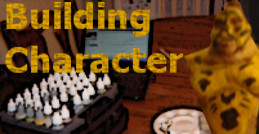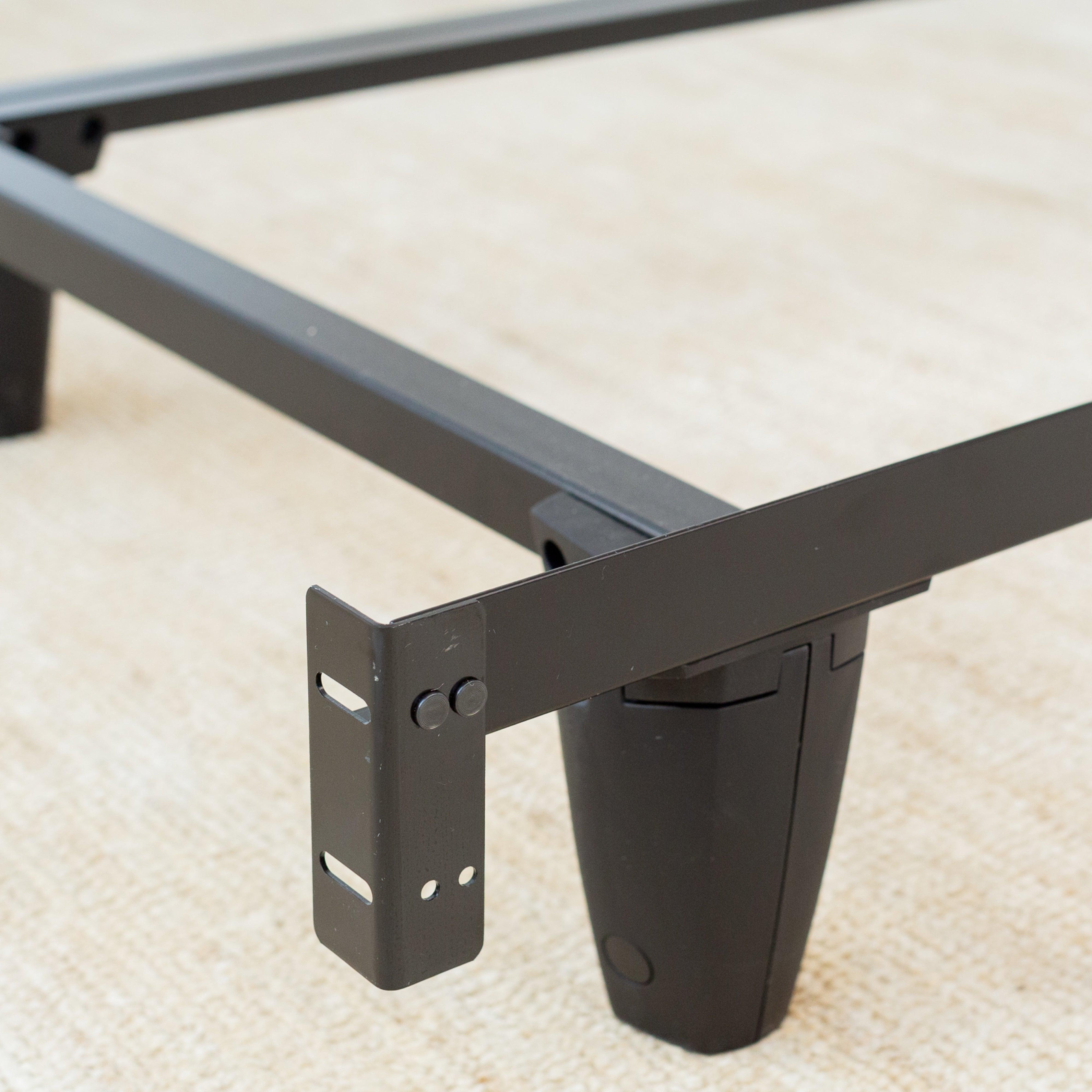Private Afterthoughts – As Balanced as a Deck of Cards (Private Sanctuary 230)
Just because the podcast is over doesn’t mean the topic is done. When there’s more to say than 35 minutes can handle, there’s Private Afterthoughts.
In Private Sanctuary 230, Cathy and I discussed balance in games. In that episode, I talked about how my tendency to play warriors means I contribute less often (and less spectacularly) than Corey because of his tendency to play casters. Combat is not the only reason I play the game, but it is a fun part of the game and knowing that to play the class I want to play means I tend to contribute less in combat leaves me conflicted. If the game isn’t balanced, is that a problem?
You know what’s balanced? A deck of playing cards. There are four suits, and the only difference between the four suits is the four suits. Otherwise, they have the same thirteen cards. Virtually every playing card game is built on that symmetry, so much so that players draw from the same deck. Even a game like war, where each player has their own deck, they draw from a deck that was drawn from a single alpha deck. And it’s balanced. Winning a card game is either based on the luck of the draw (War), your ability to calculate the odds (Poker), or some kind of mix (Rummy, Crazy 8s). It isn’t because diamonds are better than spades in every game and everyone knows that. But if you’re playing a game in which diamonds are better trhan spades, then either you need to be the one lucky enough to draw the most diamonds, or you need to know what to do with the diamonds you get to make the most of their betterness. You still, at one point in the game, had as much of a chance as the other players to get diamonds.
There is one playing card game that I thought about the other day that goes out of its way to unbalance play. In the name of keeping the site all ages, I believe most people will know what game I am referring to if I say “President”. In President, the entire deck is dealt evenly to all players, traditionally four. Then, one player, the President (determined randomly or after a neutral round) gives his two worst cards to another player (who we’ll call the Loser). The Loser gives his two best cards to the President. Then, a Vice President and Vice Loser exchange one card following the same logic. In some versions of the game, everyone gives cards to the President, either their best, their two best, or their three best. Now keep in mind, these cards were already dealt from the same deck, completely at random like any other card game. The purpose of this card exchange is to shift the balance. That, and the peculiar scoring hierarchy (2s are the strongest cards? Really?), are the only unique rules of President.
During play, the odds are that the President will finish first, followed by the Vice President, and on down. A one-rank shift is common, from Vice President to President, Vice Loser to Vice President, or Loser to Vice Loser, but most games see many rounds go by with no shifts at all. And that’s where the fun is! The President gets to feel dominant, the Vice President knows that one good hand will win the Presidency, the Vice Loser does everything they can to stay out of last place, and the Loser gets to relish any victory they have. With the unbalance, you’re playing a game with four different strategies and perspectives. Balance the game and you’re just playing four-way war.
I like being a warrior, and I feel no shame that Pathfinder’s balance curves away from me. Do I resent Corey for being more effective? Yes. But that’s part of the fun of being a warrior. And those times when my warrior outshines Corey’s caster, like the first session after we released Private Sanctuary 230, when Valter scored a critical hit on a full attack with his ripsaw glaive, dealing 110 points of damage in a single round, those are like the days when the Loser gets to be President.





Leave a Reply